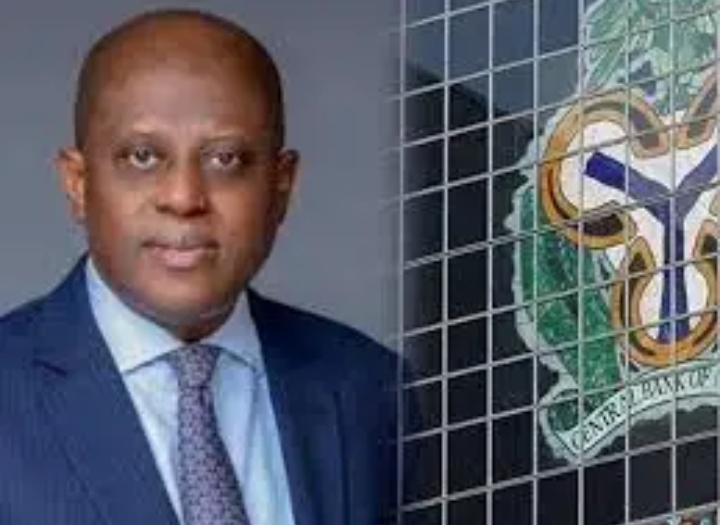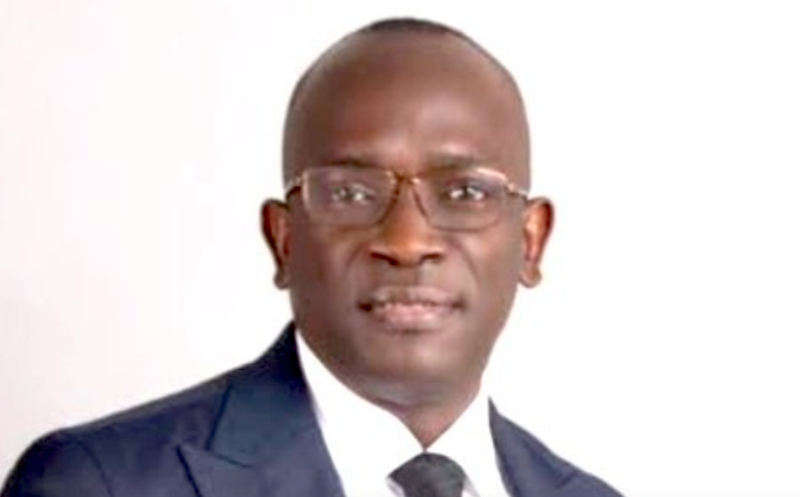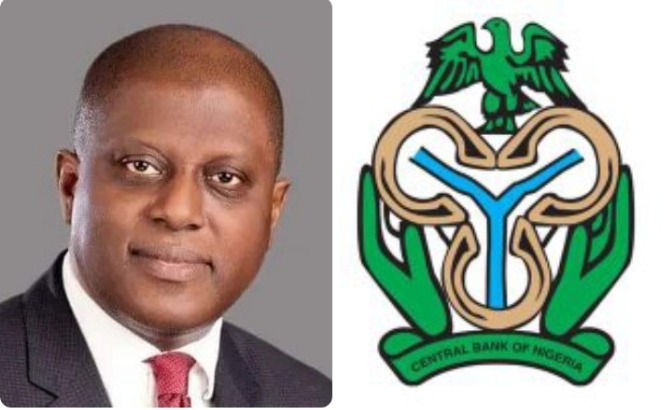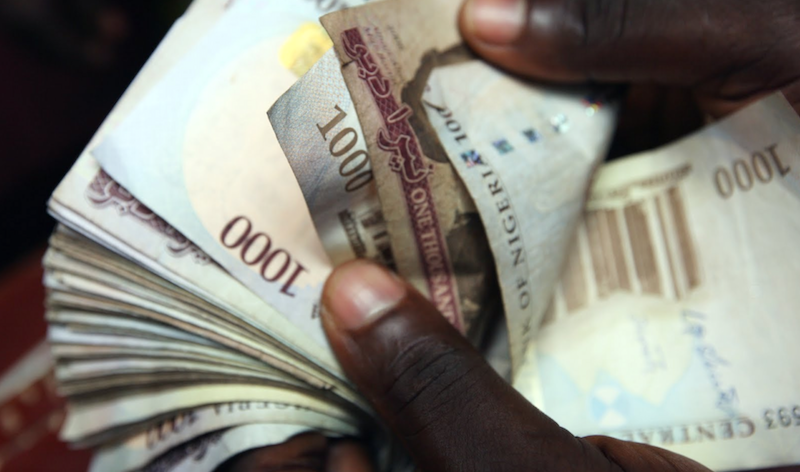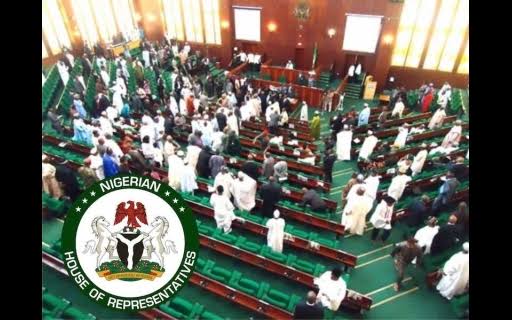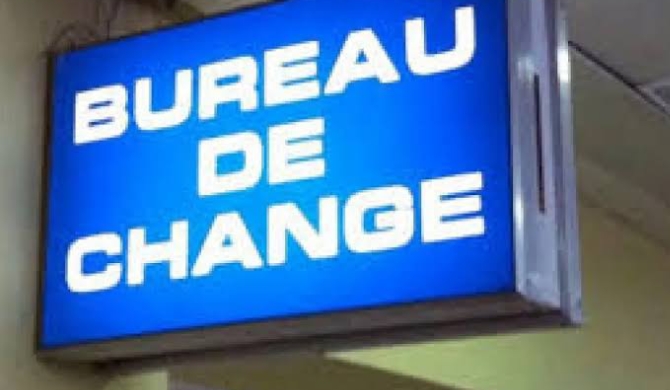The Court of Appeal in Abuja on Wednesday, reversed the Federal High Court (FHC) judgment that ordered the Central Bank of Nigeria (CBN) to pay Kasmal International Services N579 billion for its involvement in stamp duty collection.
Justice Adebukola Banjoko, while delivering the majority judgment, agreed with the CBN’s argument that the company had no legal right to have been engaged by the Nigerian Postal Service (NIPOST) from the outset.
NAN reports that Justice Inyang Ekwo of FHC had, on Oct. 11, 2024, ordered the apex bank to pay N579,130,698,440 interest to Kasmal within a specified period.
The judge also ordered the payment of a 10 per cent annual interest rate on the judgment sum from Jan. 1, 2015, to Jan. 31, 2020.
Justice Ekwo had ruled that the CBN had paid Kasmal a total of N10.3 billion, representing 15 per cent of remitted stamp duties by all Deposit Money Banks (DMBs) between Jan. 1, 2015 and Jan. 31, 2020, via the CBN NIPOST Stamp Duty Collection Account No. 3000047517.
He held that the CBN could not backtrack from its contractual agreements with Kasmal and NIPOST.
Kasmal’s lawyer, Alex Izinyon, SAN, argued that his client was appointed by NIPOST to represent it in the collection of a N50 charge on all receipts issued by any bank or financial institution as acknowledgment of services rendered for electronic transfers and teller deposits of N1,000 and above, in compliance with the Stamp Duties Act and the Nigerian Financial Regulations 2009.
In the CBN and Attorney General of the Federation (AGF)’s 17 reasons listed in their notice of appeal dated Oct. 24, 2024, Chief Niyi Akintola expressed dissatisfaction with the lower court ruling.
Akintola contended that lower court “erred in law,” requiring the Appeal Court to intervene.
The appellants further argued that “the alleged funds Kasmal International seeks to recover were public monies, “which are part of the Federation Account governed by the provisions of Section 162 of the 1999 Constitution (as amended).”
He maintained that, regardless of any previous mismanagement, stamp duties should be paid into the Federation Account and shared among the three tiers of government.
Izinyon opposed the appeal by the CBN, insisting on the contractual agreement his client had with NIPOST.
Delivering judgment on Wednesday in 2/1 ratio, Justice Banjoko held that in the final analysis, the appellate court firmly concluded that the 1st respondent (Kasmal) lacked the requisite locus standi (legal authority) to initiate the suit or claim any lawful entitlement or commission.
“The suit as constituted is fundamentally defective,” she said, adding that the appeal (by CBN and AGF) is allowed and the judgment of the lower court is set aside in its entirety.
“Similarly, you cannot give what you don’t have,” she stated.
She stressed that the lower court “erred in declaring Kasmal’s entitlement to the said commission when in law, there was no legal contract ab initio (from the beginning) between first respondent (Kasmal) and NIPOST.”
The court further concluded that NIPOST had no statutory authority to manage or collect stamp duties and cannot delegate powers it did not have to Kasmal.
In his dissenting judgement of 88 pages, Justice Okong Abang said he found it extremely difficult to agree with the majority judgement that the transaction in question was illegal.
” My conscience will not allow me if I should follow the majority,” he said.
Abang further stated by the ratification of the contract by the AGF and payment of N10.3 billion, he must “now be estopped from keeping the proceeds meant for the 1st respondent(Kasmal ).
“The doctrine of unjust enrichment frowns at a party who uses the law to retain the benefit conferred by another without offering compensation.”
He held that the appeal lacked merit and ought to be dismissed and proceeded to dismiss the appeal.
NAN reports that stamp duty is an indirect tax imposed on several financial transactions.
In 2023, the former CBN Governor, Godwin Emefiele, revealed that total revenue collected as stamp duty on behalf of the Federal Government from 2016 to 2022 was N370.686 billion.
Kasmal had approached the FHC to determine its percentage share under its agreement with relevant agencies, particularly NIPOST.
